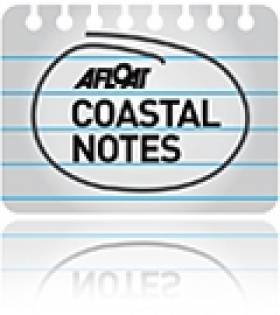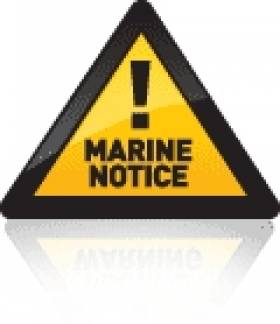Displaying items by tag: Northern Porcupine Basin
Spanish Point Survey Key To Future Of Oil & Gas Prospect
#Oil&Gas - Offshore reports on Dolphin Geophysical's current 3D seismic survey at Spanish Point South in the Northern Porcupine Basin.
As previously reported on Afloat.ie, the survey is expected to continue till mid to late September. It will investigate the Upper Jurassic and Lower Cretaceous reservoir intervals, which previously tested for gas condensate, and oil from the Spanish Point and Burren discoveries.
“We believe that the key risk is reservoir quality, rather than hydrocarbon presence," says John O'Sullivan, technical director with licence partner Providence Resources, "and so we consider that modern high-quality 3D seismic imaging will be a significant tool in reservoir prediction.”
Offshore has more on this story HERE.
Marine Notice: 3D Seismic Survey In Northern Porcupine Basin
#MarineNotice - Dolphin Geophysical AS, on behalf of Capricorn Ireland Limited, is scheduled to carry out a 3D seismic survey in the Northern Porcupine Basin next month.
The survey will cover 1,974.5 sq km off the west coast and is anticipated to commence at the beginning of next month for 45 to 60 days, subject to weather.
The seismic vessel M/V Sanco Sword (Call sign ZDNE7) is scheduled to carry out the work. This vessel will tow 12 cables, each 8km long with 100m separation at a depth of 16-24m below the surface, for a total width array of 1.1km.
The seismic vessel will be accompanied by support vessel M/V Sunrise-G (Call sign 3FKF6) and guard vessel M/V Ary (Call sign YJQJ5).
The seismic vessel will be restricted in its ability to manoeuvre while carrying out the survey, and all vessels are requested to give these 3D survey operations a wide berth. The work vessels will be listening on VHF Channel 16 throughout the project.
All other vessels, particularly those engaged in fishing, are requested to give the M/V Sanco Sword, the M/V Sunrise-G and M/V Ary and their towed equipment a wide berth and keep a sharp lookout in the relevant areas.
Full details of co-ordinates for this survey operation are included in Marine Notice No 44 of 2014, a PDF of which is available to read or download HERE.

























































